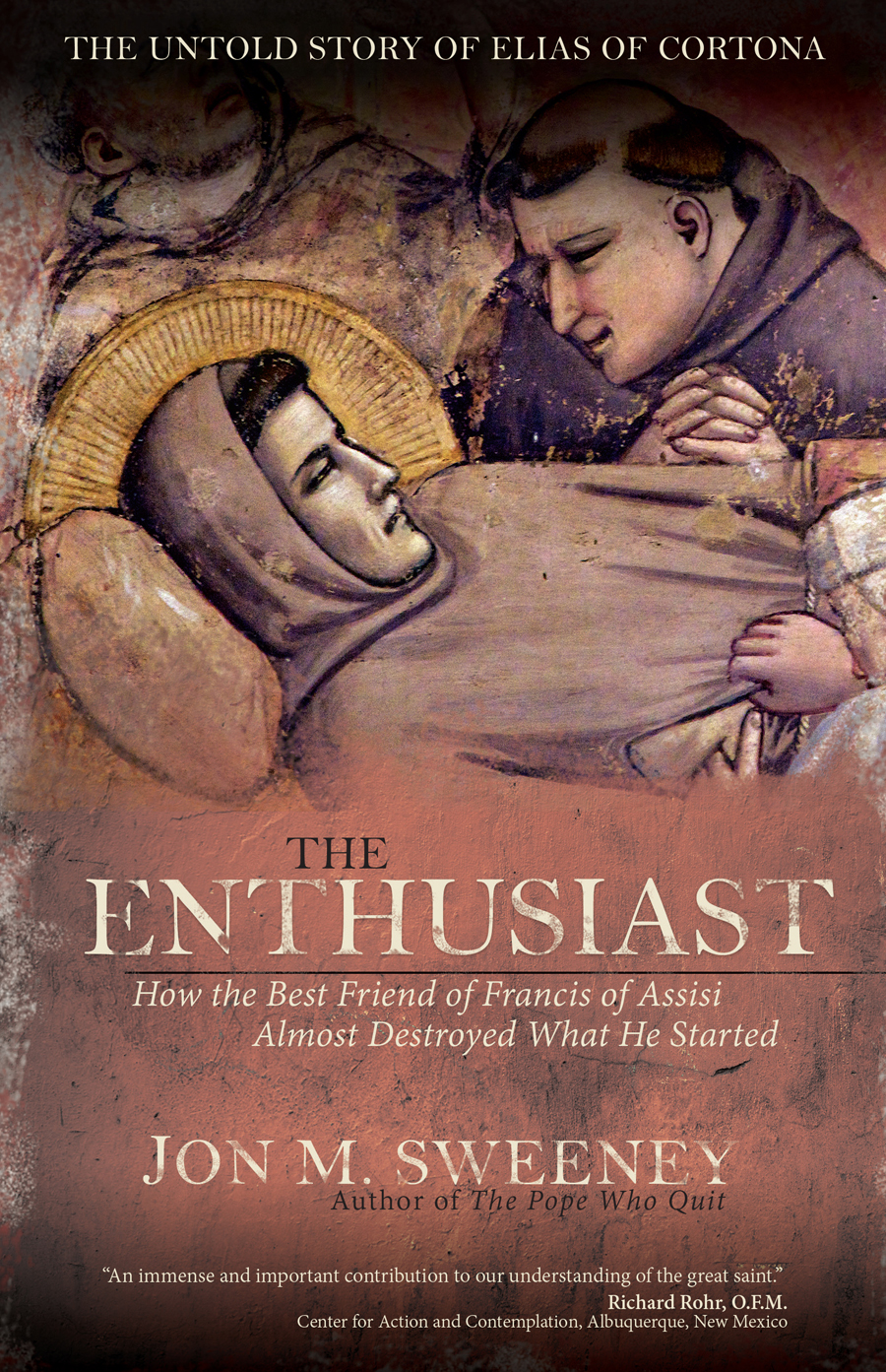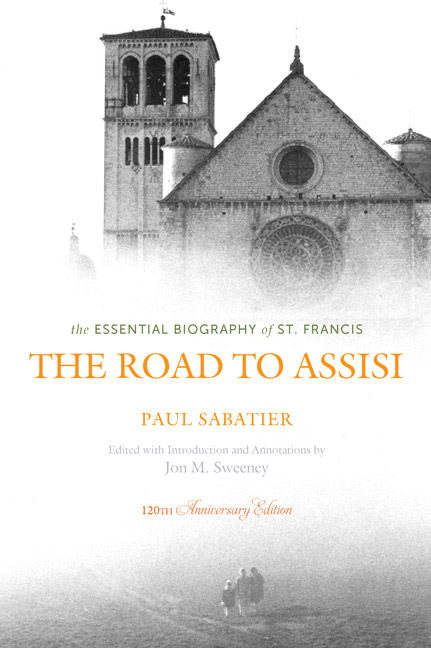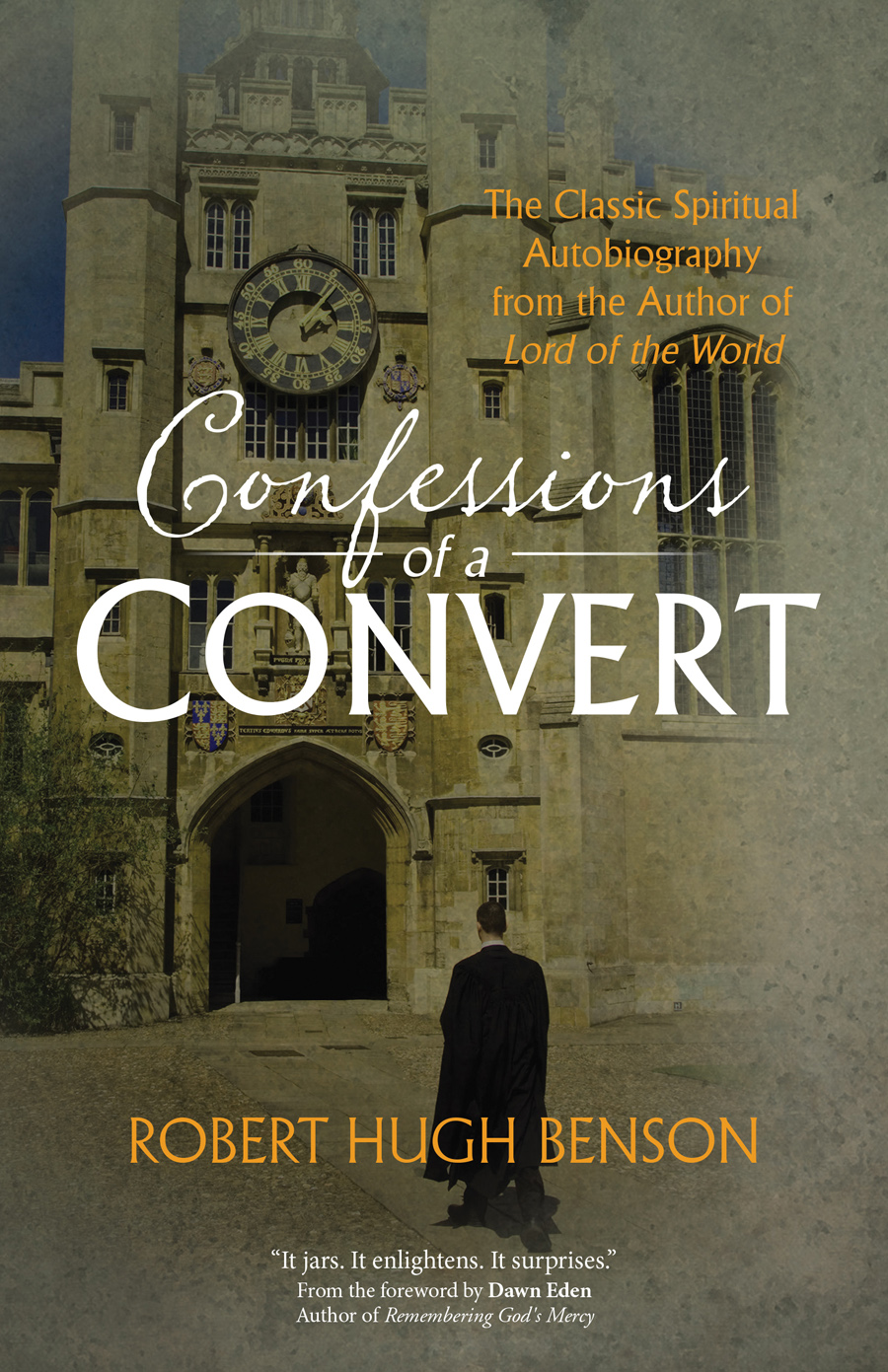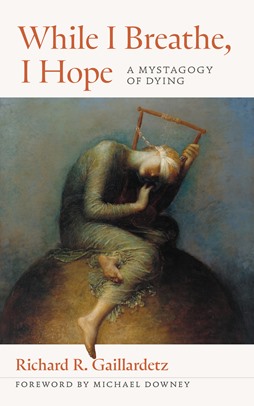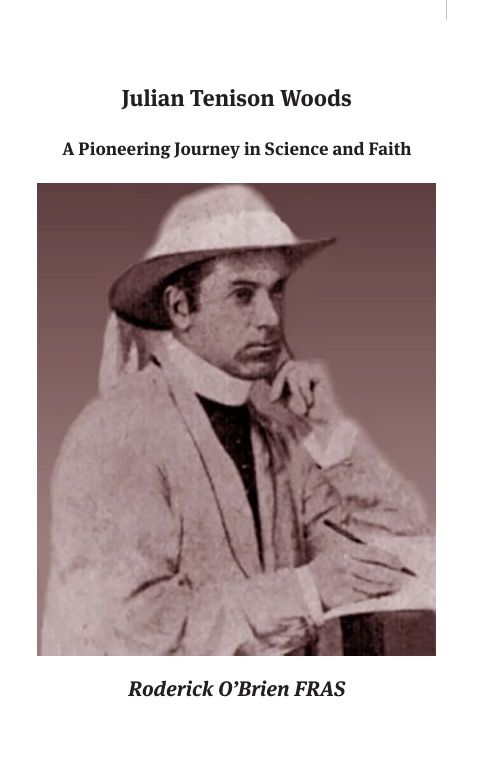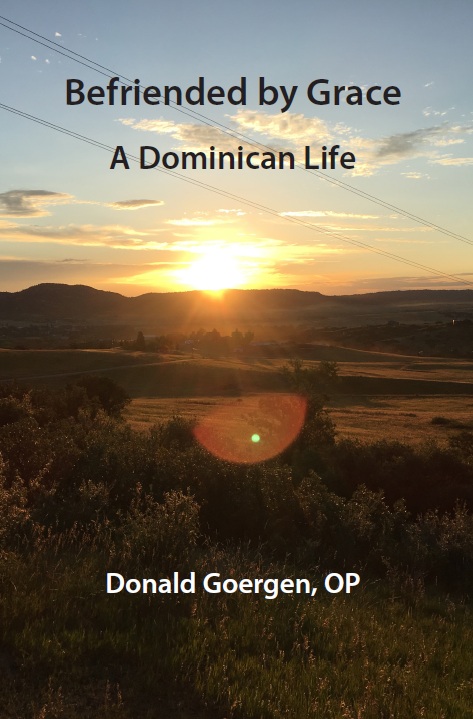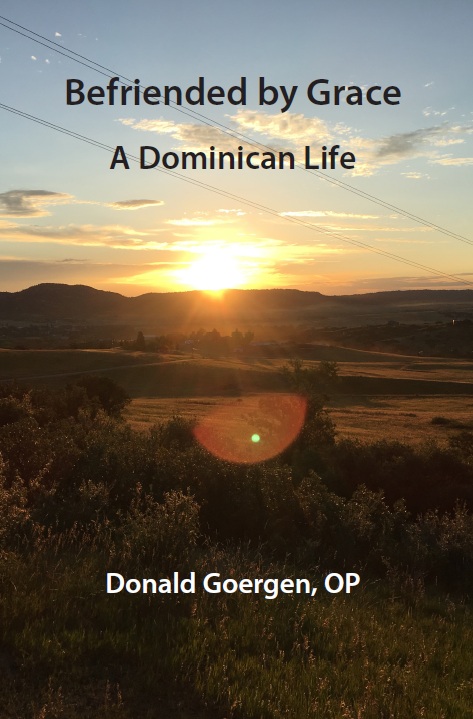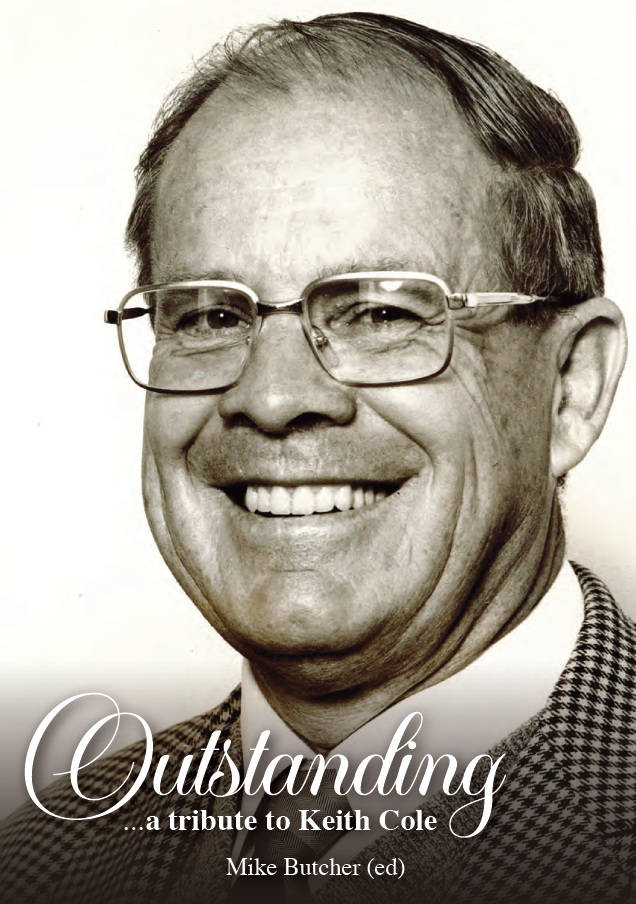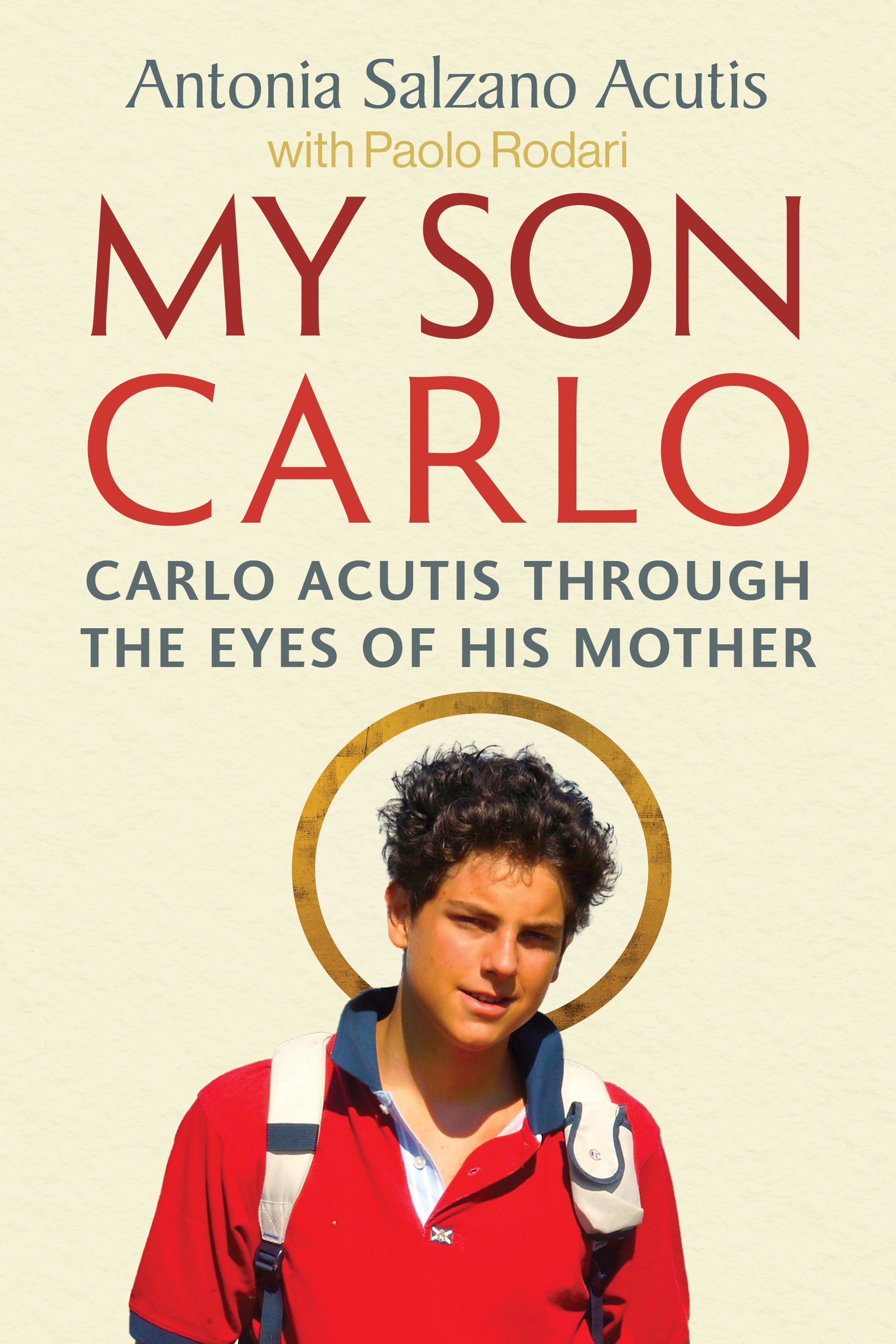In the “evening of life,” one of the giants of modern theology reflects on his effort “to think, in tune, with the greatest concerns of human beings in the light of God.”
Brazilian theologian and philosopher, Leonardo Boff is among the foundational voices of Latin American liberation theology. In the 1970s his work prompted an investigation and sanctions by the Vatican, which ended with his leaving the Catholic priesthood. Yet, he vowed to “continue to be . . . a theologian in the Catholic and ecumenical mold, fighting with the poor against their poverty and in favor of their liberation.” He was among the first to connect “the cry of the poor” with the “cry of the earth,” thus anticipating a major theme of Pope Francis.
Here, Boff provides an overview of the principle themes of his career, beginning with the role of dreams—the capacity to imagine alternatives— and then reflects on God, Jesus, the Holy Spirit, the Church, ecotheology, a “universal ethic for the common good,” and spirituality.
“Another masterpiece. . . . [Boff] again demonstrates his talent as teacher, and the incisive originality of thought that has earned him the respect of theologians across the world.”
—Orlando O. Espín, University of San Diego
Leonardo Boff is author of various titles, including: Jesus Christ Liberator; Ecclesiogenesis; Cry of the Earth, Cry of the Poor, Christianity in a Nutshell; Come Holy Spirit; and The Following of Jesus: A Reply to The Imitation of Christ.

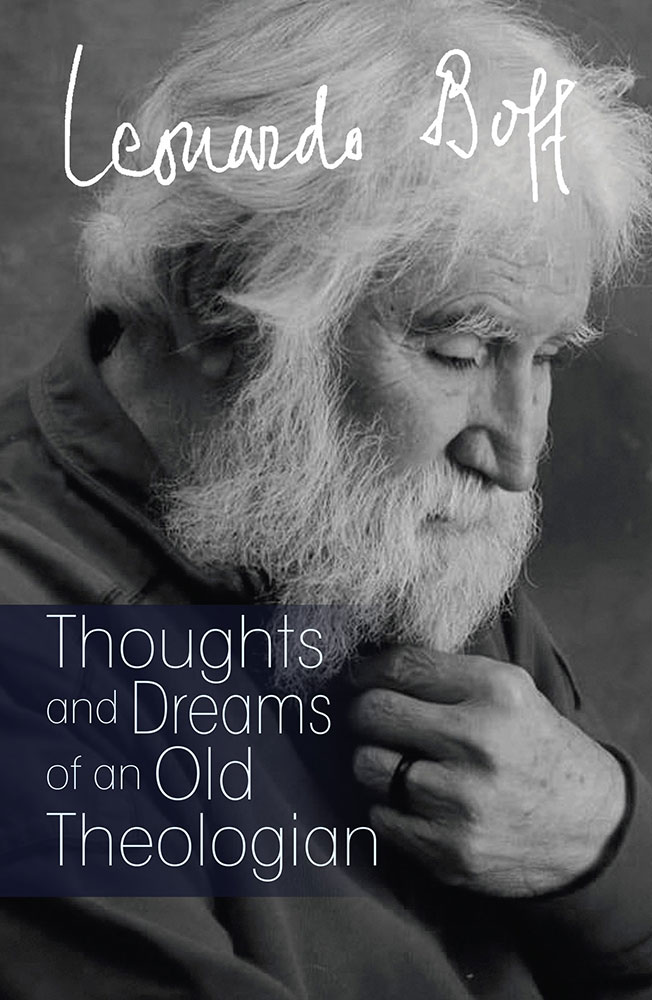
 Back
Back
